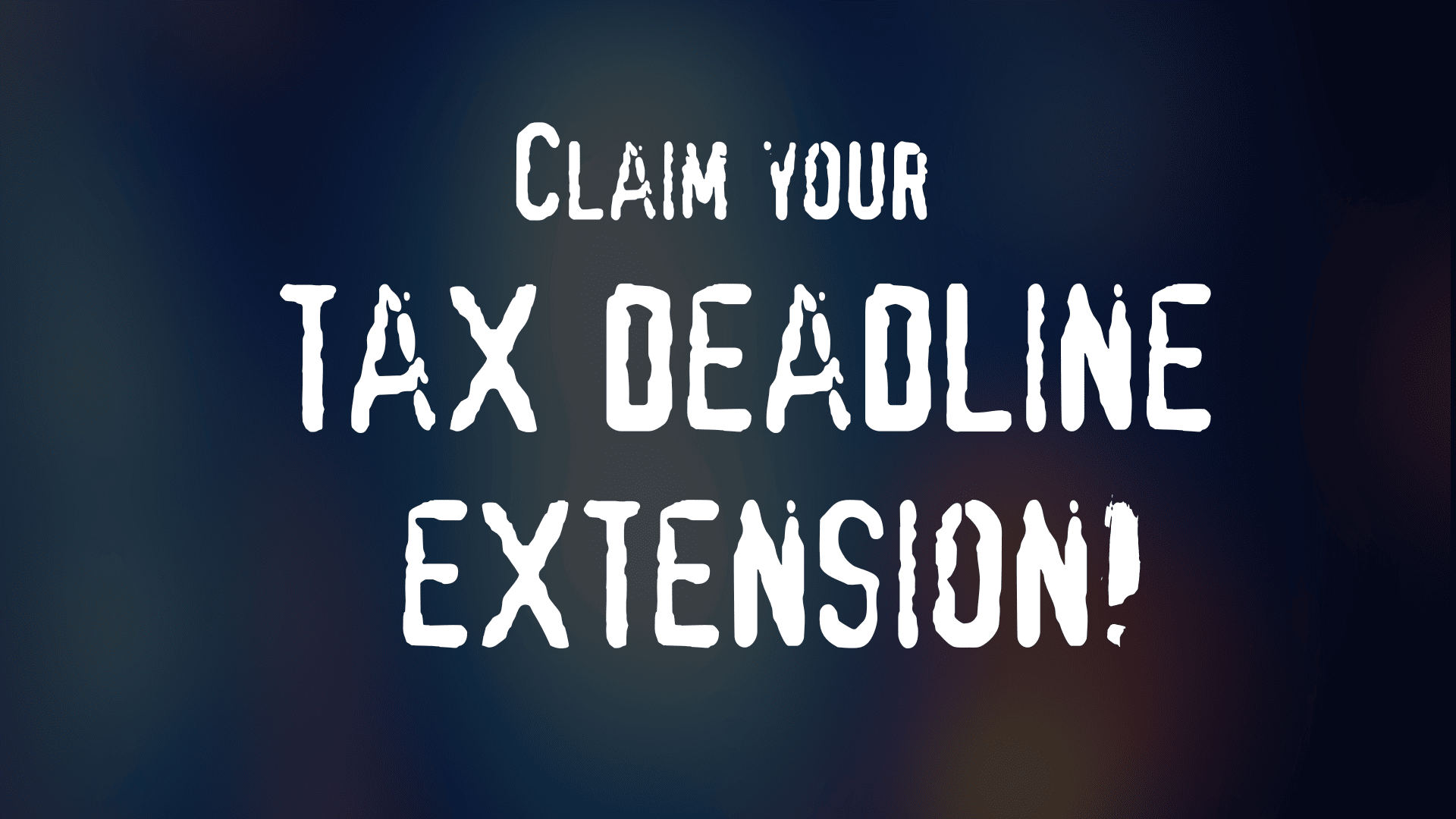The way your business is structured can determine how much you take home as a business owner. It also influences your tax obligations.
Besides being important for you personally, figuring out your take-home pay is also necessary for your business financial outcomes. If you’re looking to find financing for your business, investors will check your statements to assess the feasibility of your business plan and whether you can repay the loan from the profits earned. If you do not include your salary or the amount you take home, the overheads or expenses presented will be inaccurate.
So, how do you decide how much to pay yourself, and how your income will be structured?
Paying Yourself as a Sole Trader
If you have never set up a structure for your company, you are likely to be considered a sole trader. Most sole traders or partnerships use the owner’s draw method. This is when you withdraw money from the company’s profits as and when you need to. These withdrawals are what you will be paying your taxes on, it makes sense to keep a percentage of your earnings in a separate bank account in order to pay your taxes when the time comes.
The advantage of this option is that you do feel like you’re getting back what you put into the company and the remainder of the profits are reinvested. How much you draw is accounted as a business expense so it lowers the amount of tax you need to pay. But you will be taxed on the amount as part of your personal income tax.
Paying Yourself When You’re Established as a Company
Another way to do this is to give yourself a salary like any other employee. The salary is considered to be a business expense for the company and the owner pays income tax on the amount. The advantage of this is that you’re guaranteed a fixed amount each month. Especially if you have familial expenses that you need to meet routinely, this will give you some peace of mind. Some small business owners often take a lower salary and supplement it with dividends received from profits.
Before you decide which option to go with, speak to a good accountant or tax consultant to understand the other obligations of a company. You can decide on your corporate structure based on which method of taxation will be more advantageous to you.
Why Is It Important to Compensate Yourself?
When itemising business expenses, owners often leave their own salaries off the list. Some business owners don’t take home any compensation until the company is stable or when there’s a big sale. But as a business owner’s salary is part of the company’s expenses, when you’re not compensating yourself or accounting for it, you’re not getting an accurate idea of the health of your business. When you don’t factor in all the costs, you don’t know what adjustments to make to move your company forward.
Some business owners pay themselves last or forgo their salaries during times of economic hardship. When things go slowly back to normal, you can begin paying yourself again. If your business has a sustained revenue and has a steady projected revenue, you should be able to safely take home a paycheck.
How to Find Balance Between Work and Personal Expenses
Unless you have a nest egg to live off while your business stabilises, you probably have personal and company expenses to try and manage. To stay on top of all this, keep a detailed list of all your business and personal expenses anticipated each month. Take time and work out the figures on paper, as this is far more reliable than guessing. A rule-of-thumb is to have enough money set aside to cover all costs for three months at a time, for both your personal and business expenses.
Your business expenses will include things like salaries for your employees, utilities, resources and so on. You may also need to put some money back into your business for improvements or developments.
Depending on the size of your family, your expenses will differ. Your basic day to day living expenses will need to be covered. Larger payments may include utilities, rent or mortgages. Don’t forget to account for benefits like insurance, retirement and savings that may have been automatically deducted when you were a salaried employee at an established company.
Finding a balance can take a little time. Initially, there’s a lot of give and take from one budget to the other but eventually things should fall into place. Tracking all your transactions can aid in predicting your expenses and help you stay on top of your finances.
Since each business is different and every business owner has his or her own unique set of obligations, it’s difficult to set a fixed percentage for business owners in general. Most take a weekly or monthly payment to meet living expenses and leave the rest in the business. If a cash reserve builds up, then the owner might take a bonus payment or use it to grow the company further. Some of the factors that business owners account for when calculating their take home pay includes the company’s performance, business plan, their personal needs as well as the company’s basic expenses.
What to Avoid When You’re Creating Your Budget
Mixing Personal and Business Finances
Keep the boundaries clear in order to avoid skirting any legal repercussions and keep your bookkeeping neat. Suppose you’re audited or your transactions reviewed, you want to come up smelling like roses. Opening separate bank accounts is a good idea.
Not Budgeting for Taxes and ACC
Understanding your tax obligations is one of the first things you should do. Setting aside money to ensure you can pay them on time should be a priority so you don’t have to risk penalties or worry about getting extensions.
Avoiding Hiring an Accountant to “Save Money”
A good accountant does more than just find you tax breaks. They can help you set up a system to track your finances, keep a record of all your transactions, make sure invoices are paid and spot patterns in your spending. They can even help you with decisions like choosing the right time and roles to hire for when you have the budget for it.
https://www.afirmo.com/nz/resources/how-a-good-accountant-can-help-your-small-business-grow/
Not Updating Your Budget Every Year
Even if it seems like it’s easier, resist the urge to use the previous year’s budget again. The previous year’s budget will not account for the evolution that your business has gone through since you made it. It doesn’t consider shifts in spending behaviour or look at the effects that natural disasters, pandemics and other world events might have had on economic conditions.
Plan Ahead and Grow to Success
Being realistic and fair about your take- home-pay is useful to predict your company’s future financial growth. Pay yourself consistently so you get an accurate picture of the health of your company. It also gives you peace of mind to not have to skimp too much on your personal budget.
Building a solid, rainy-day fund early on, ensures that you don’t have to depend on your monthly income, savings or emergency loans to bail you out at the eleventh hour. Planning and meticulous bookkeeping are as much part of a successful business as are drive and passion. If you need to, hire professionals to help you with this side of the business.
Don’t just put this into the too-hard basket. While it typically takes two to three years for most businesses to start making profit, your personal income needs to be planned from the start.
https://www.afirmo.com/nz/resources/how-to-start-your-own-business-getting-the-basics-right/




